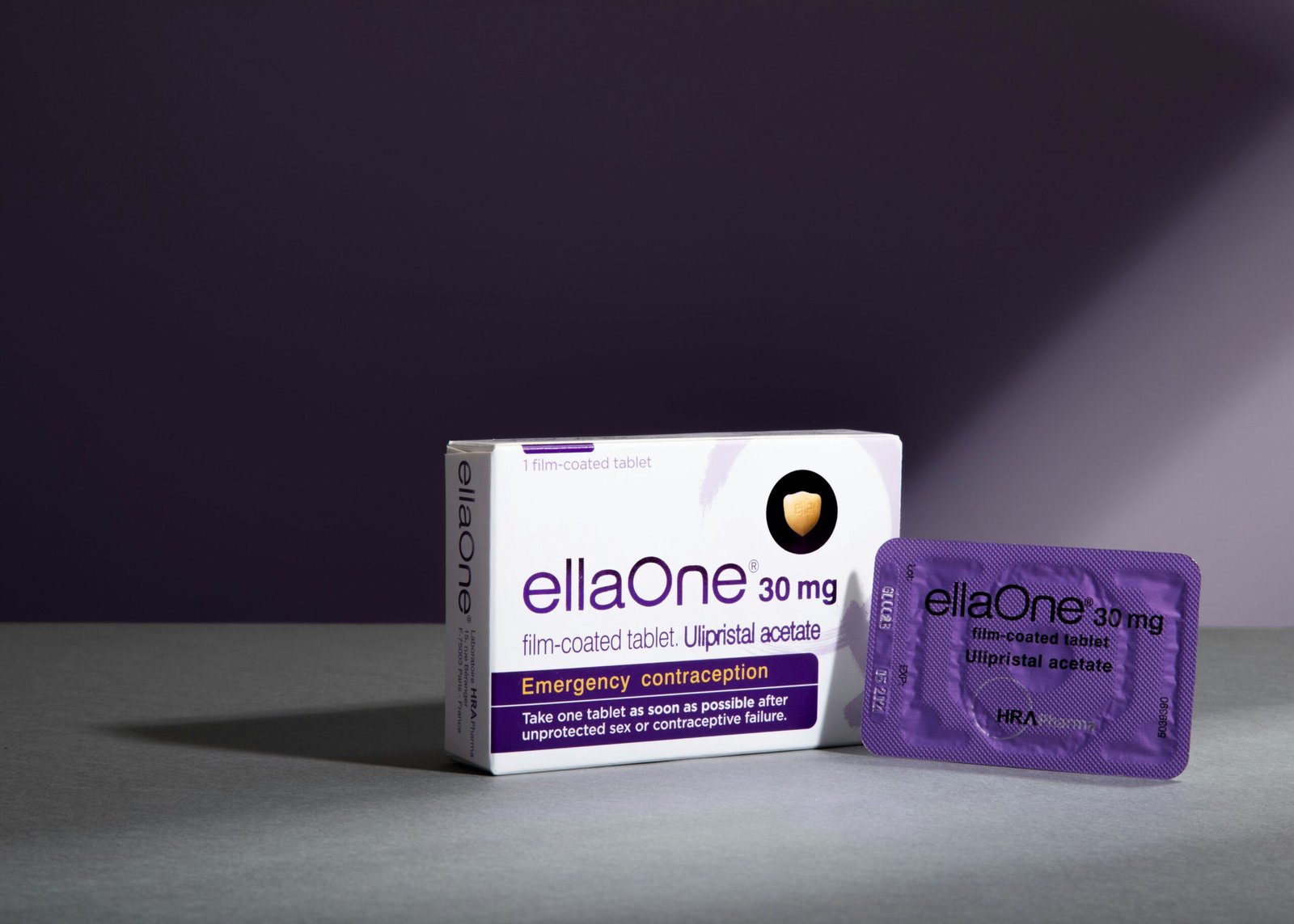Introduction
Sexuality is an integral part of human life, and individuals with disabilities have the same rights and desires as anyone else. However, due to societal misconceptions and lack of inclusive sexual education programs, people with disabilities often face unique challenges when it comes to their sexual lives. In this post, we will discuss the importance of inclusive sexual education programs that address the specific needs and challenges faced by people with disabilities.
The Importance of Sexual Education for People with Disabilities
Sexual education is crucial for individuals with disabilities as it empowers them to make informed decisions about their bodies, relationships, and sexual health. Unfortunately, many traditional sexual education programs overlook the needs of people with disabilities, leaving them uninformed and vulnerable to potential risks.
Inclusive sexual education programs provide a safe and supportive environment for individuals with disabilities to learn about their bodies, consent, healthy relationships, and sexual health. These programs aim to address the unique challenges faced by people with disabilities, such as communication barriers, physical limitations, and societal stigmas.
Addressing Communication Barriers
One of the significant challenges faced by individuals with disabilities in sexual education is communication. Many people with disabilities may have difficulties expressing their needs, desires, and concerns related to sexuality. Inclusive sexual education programs focus on providing alternative communication methods, such as visual aids, assistive technology, and simplified language, to ensure that everyone can actively participate and understand the information being presented.
Moreover, these programs also emphasize the importance of open and honest communication between partners. They teach individuals with disabilities effective communication strategies to express their boundaries, desires, and consent, enabling them to have fulfilling and consensual sexual relationships.
Overcoming Physical Limitations
Physical limitations can often pose challenges for people with disabilities when it comes to sexual expression and pleasure. Inclusive sexual education programs address these challenges by providing information about adaptive devices, positions, and techniques that can enhance sexual experiences for individuals with disabilities.
These programs also promote body positivity and self-acceptance, helping individuals with disabilities develop a positive self-image and embrace their bodies. By focusing on what is possible rather than limitations, inclusive sexual education programs empower individuals with disabilities to explore and enjoy their sexuality.
Breaking Societal Stigmas
Society often holds misconceptions and stigmas surrounding the sexuality of people with disabilities. This can lead to discrimination, exclusion, and a lack of understanding. Inclusive sexual education programs aim to challenge these stigmas by promoting acceptance, respect, and inclusivity.
By educating individuals without disabilities about the sexual rights and needs of people with disabilities, these programs foster empathy and understanding, reducing the stigma and discrimination faced by this marginalized group. Inclusive sexual education also encourages individuals with disabilities to advocate for their rights and challenge societal barriers that hinder their sexual well-being.
Conclusion
Sexual education is a fundamental right for all individuals, including those with disabilities. Inclusive sexual education programs play a vital role in addressing the unique needs and challenges faced by people with disabilities, empowering them to make informed decisions about their bodies, relationships, and sexual health.
By addressing communication barriers, overcoming physical limitations, and breaking societal stigmas, these programs create a more inclusive and supportive environment for individuals with disabilities to explore and express their sexuality. It is essential to advocate for the implementation of inclusive sexual education programs to ensure that no one is left behind when it comes to sexual health and well-being.

